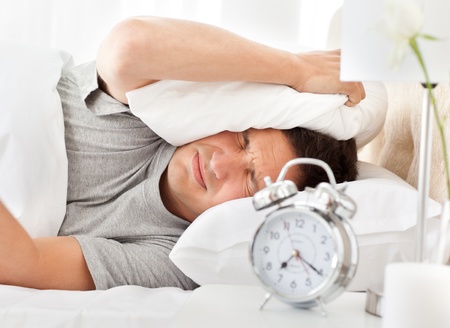
To snooze or not to snooze is a quandary or predicament that may not have been on Shakespeare’s mind while he was busy penning the Hamlet. However, most of us who’ve trouble getting 7-8 hours of sound sleep every night or those who feel lethargic despite being in bed for 10 hours should have enough reasons to feel alarmed if slumber experts are to be believed. Just as lack of quality sleep may lead to your gaining weight, developing cardiac issues, suffering from diabetes, and worst of all premature demise, too much of snoozing can also cause the grave health issues.
Professor of sleep medicine at Harvard Medical School is of the opinion that individuals with a tendency to oversleep are at greater risk of suffering from lifestyle diseases compared to those who doze for 7-8 hours. It is estimated that about 30% of the adult US population slumber for more than 8 hours. The tendency or proclivity to stay in bed for longer hours increases as you grow older. Sleep specialists have not been able to establish whether this propensity is a symptom of some underlying sickness or a sign that you’re vulnerable to some disease or disorder in the future.
The general feeling which takes precedence is that sleeping longer than is necessary on an everyday basis makes you a potential candidate for health issues. Some medical experts like Michael Irwin, professor of psychiatry and behavioral sciences at UCLA (David Geffen School of Medicine) feel that sleeping extended hours means you’re not sleeping soundly.
In other words, you’re staying put in bed for hours but getting sound sleep. The takeaway is that neither insufficient nor excessive snoozing is conducive from the perspective of health. You could be at risk of suffering the following health problems if you oversleep occasionally.
1. Your heart takes the maximum toll
Sleeping for long is certainly not good for your heart, regardless of what you think. Of all the diseases and disorders, maximum adults perish from heart disease. Your chances of dying go up by 34 percent if you log in over 8 hours of sleep. Women are at far greater risk of contracting heart disease and succumbing to a heart attack in comparison to men simply on account of their sleeping longer hours.
2. You’re at risk of developing diabetes
Sleeping more results in blood sugar levels going up abnormally which puts you in the high risk zone of getting bogged down with type 2 diabetes. Your staying in bed for 10 hours means you remain sedentary for longer hours which again increase risks of becoming overweight and suffering from diabetes.
3. You could fall prey to depression
The more you sleep, the higher your chances of falling prey to depression. However, this is just a generalization which is yet to be proven clinically. More often than not, symptoms of depression may get worse if you remain cosseted in bed with your eyes shut. Slumbering soundly for 7-8 hours and remaining physically active will surely keep you in high spirits.
4. You’ll have problems concentrating
If you’re a chronic late riser, you’ll be at your wits’ end in solving simple everyday tasks and find it an uphill task to concentrate. Your brain will function at a slower rate, and it may sound unbelievable but you’re also at an enhanced risk of premature or untimely demise.
Image credit: Wavebreak Media Ltd









